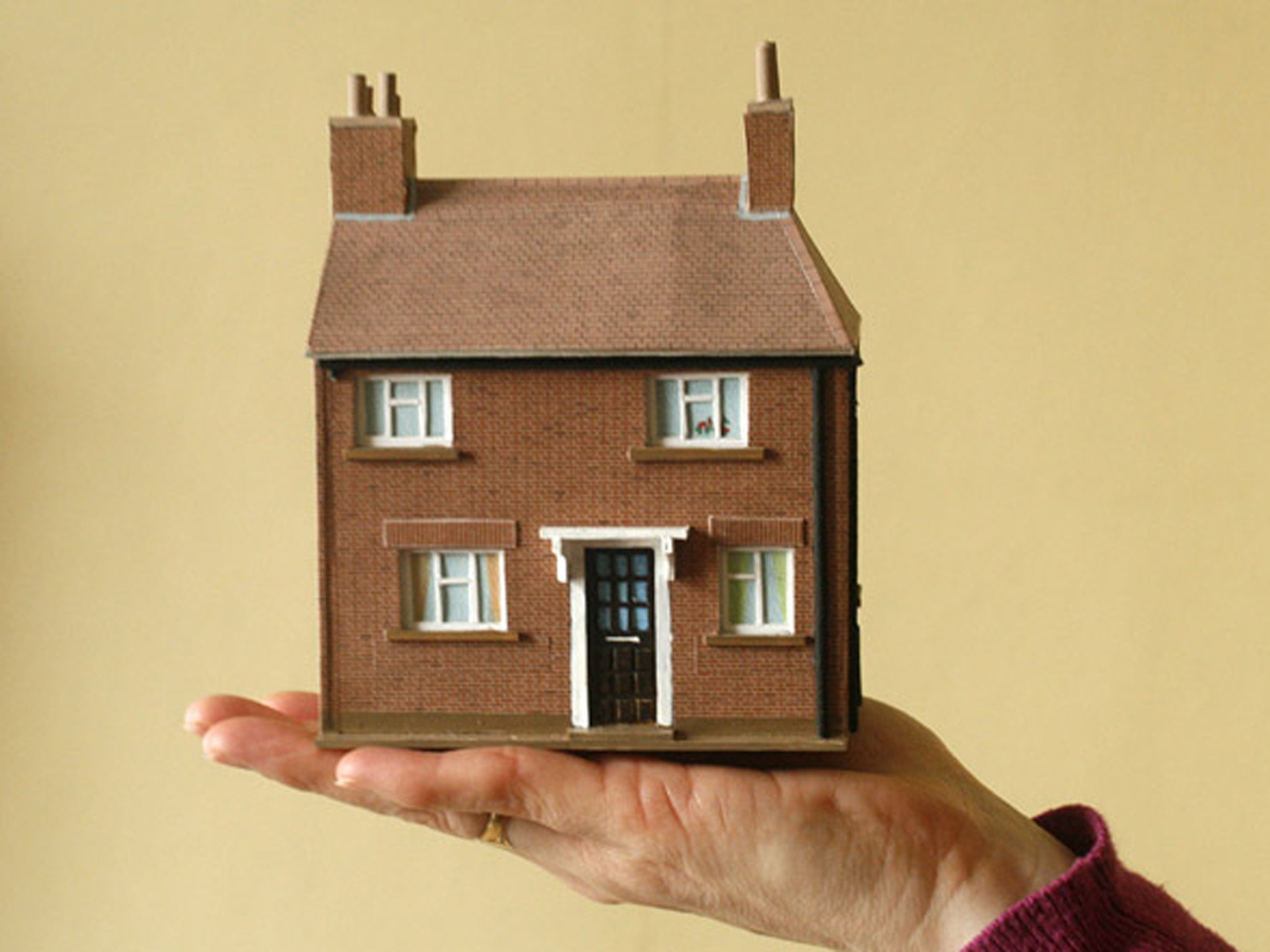Could a 'property speculation tax' stop a housing bubble?
Focus would be on helping to reduce market instability

Independent think tank the Smith Institute has suggested that the introduction of a property speculation tax could stabilise the housing market.
The report, ‘The Case for a Property Speculation Tax’ by Andrew Heywood and Paul Hackett, argues that the move would "curb excessive volatility in the property market" and prevent a housing bubble threatening economic recovery.
Earlier this month, The Royal Institution of Chartered Surveyors (RICS) suggested that the Bank of England should consider putting a cap on annual house price inflation in order to avoid a bubble. The suggestion was widely criticised by those in the property industry as unworkable.
"A Property Speculation Tax would be a timely means of helping change the behaviour of investors," say the authors. "It can’t solve the housing crisis but it could help reduce market instability and constrain the unsustainable rise in house prices in London and the South East."
They estimate that a PST, which they point out are used in countries including Germany, could raise up to £1 billion which could be used to fund new affordable homes.
A UK version - a one-off and tapered tax - could exclude ordinary homeowners and longer term investors but would focus on curbing speculation, and maybe include second homes and empty properties.
Join our commenting forum
Join thought-provoking conversations, follow other Independent readers and see their replies
Comments
Bookmark popover
Removed from bookmarks